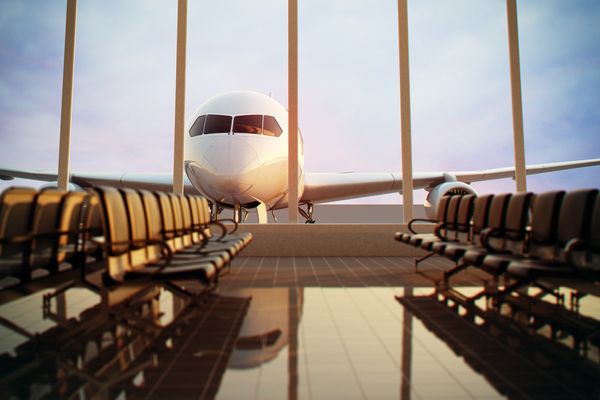In recent news, major airlines in the United States, including Delta Air Lines, have announced an increase in their baggage fees. This marks the third hike in baggage fees within a span of just two weeks in the industry.

Starting immediately, Delta passengers will now have to pay an extra $5 for both their first and second checked bags on domestic and short-haul international routes. This means an additional $10 for a round-trip journey. The revised fees now stand at $35 for the first checked bag and $45 for the second. For a family of four going on a spring break vacation, this adjustment adds an expense of $280 just for baggage, on top of the cost of their tickets.
Delta’s decision to raise its baggage fees comes after not making any adjustments since 2018. The airline attributes this change to the need to offset rising industry costs. American Airlines and United Airlines have also recently increased their checked baggage fees.
It’s important to note that these revised fees will not apply to customers traveling in first class or members of Delta’s SkyMiles Medallion loyalty program. They will continue to enjoy complimentary bags. Delta has also assured passengers that these increased charges will not impact tickets purchased prior to the implementation of this new policy.
Charging for checked bags, which was once common among budget carriers like Spirit and Frontier, has now become more prevalent among major airlines like Delta, American, and United. Baggage fees used to be included in the price of airfare, but changes in the industry have led to the adoption of additional charges.
While passengers may be frustrated with these fees, they serve as a significant revenue stream for airlines, helping them cover escalating fuel and labor costs. Last year, major carriers collectively earned a staggering $33.3 billion from baggage fees alone, a 15 percent increase from the previous year.
A study conducted by CarTrawler and IdeaWorksCompany found that baggage fees accounted for 4.1 percent of global airline revenue in 2023. This includes fees for larger carry-on bags, standard checked baggage, and fines for overweight or oversized bags. Baggage fees play a substantial role in the financial landscape of the airline industry.
In 2020, baggage fee revenue experienced a significant decline due to the COVID-19 pandemic and travel restrictions. However, as travel restrictions eased in 2021, revenue from baggage fees rebounded, reaching $20.9 billion and comprising 4.6 percent of total airline revenue, the highest percentage in the last five years.
In conclusion, while the increase in baggage fees may frustrate passengers, it highlights the complex economic dynamics shaping the aviation industry. As airlines navigate fluctuating costs and evolving consumer preferences, adjusting ancillary fees like baggage charges has become a key strategy to ensure financial sustainability and operational viability in an increasingly competitive market.






